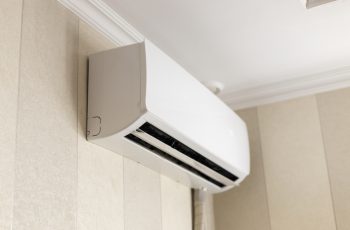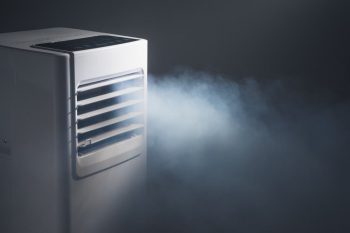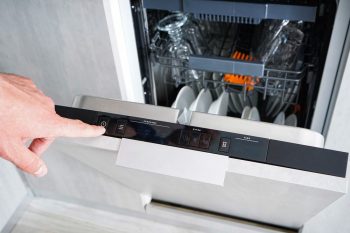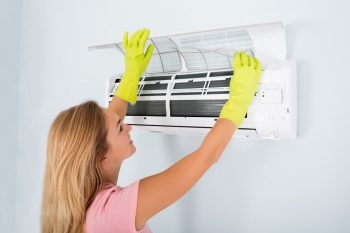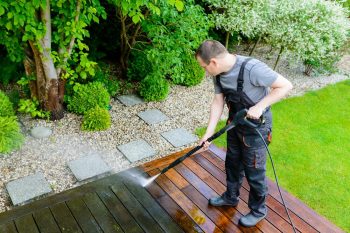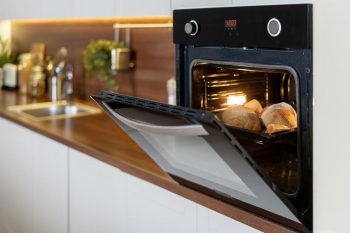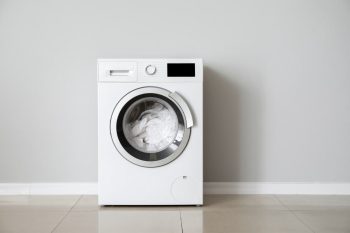
Can’t decide whether to buy a robot vacuum cleaner or an upright one? You’ll want to dive into one of their most important features that will make your decision easier. Their loudness and noise control.
The modern feel and self-cleaning robot cleaners might tempt you initially, but don’t get surprised when you hear them operate in your house.
They’re not ideal for cleaning the floor when your kids sleep. It is because they make noise, feeble than an upright vacuum but loud enough to hinder your sleep.
The sound of robot vacuums sits around 50dB to 70dB, which is not very loud.
When talking of the motor function of these vacuums, they are pretty smooth and do not cause any noise; however, any more loudness is reasoned with other factors, including;
- Any Problem with its dependent factors
- They frequently bump into furniture items
- They get things stuck in them
- They need proper maintenance
- Their dirt bin is full
Let’s pave our way to dig deeper into things that will justify the loudness of modern vacuums and help you overcome and identify problems with your vacuums, if any.
Factors That Affect Their Loudness
One size doesn’t fit all. There is not a standard value of loudness that fits all the robot vacuums, it will vary depending on various factors, and some of the most important such factors are discussed below:
1. Maintenance Status
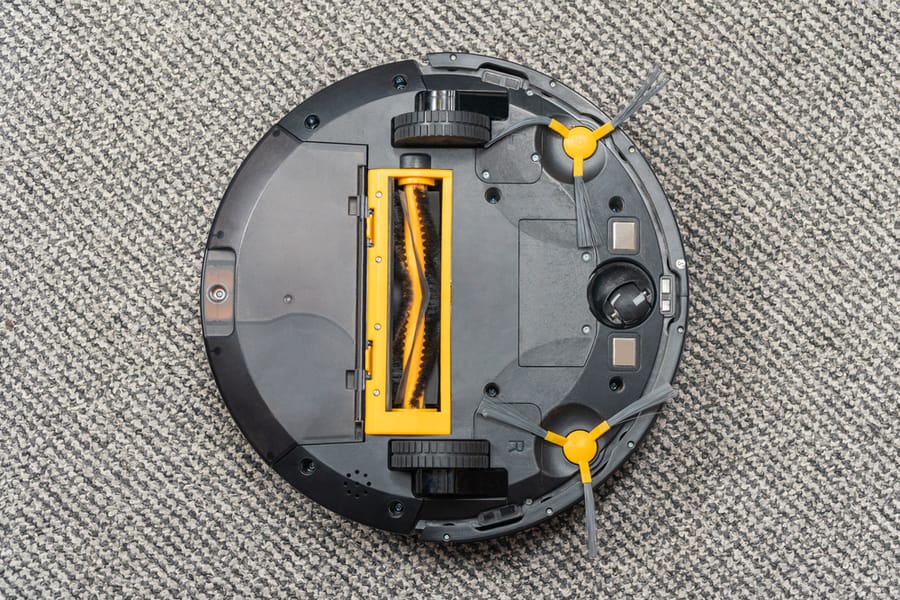
The status of the condition of the vacuum cleaner speaks volumes about why it sounds louder than the radio at the moment.
If weeks go by without cleaning your vacuum, you should start counting its days because it will soon be just as good as damaged.
The condition of the battery, motor unit, brushes, bins, and handles of the vacuums plays an important part in making them run smoothly without any uninvited noise.
2. Age of Vacuum
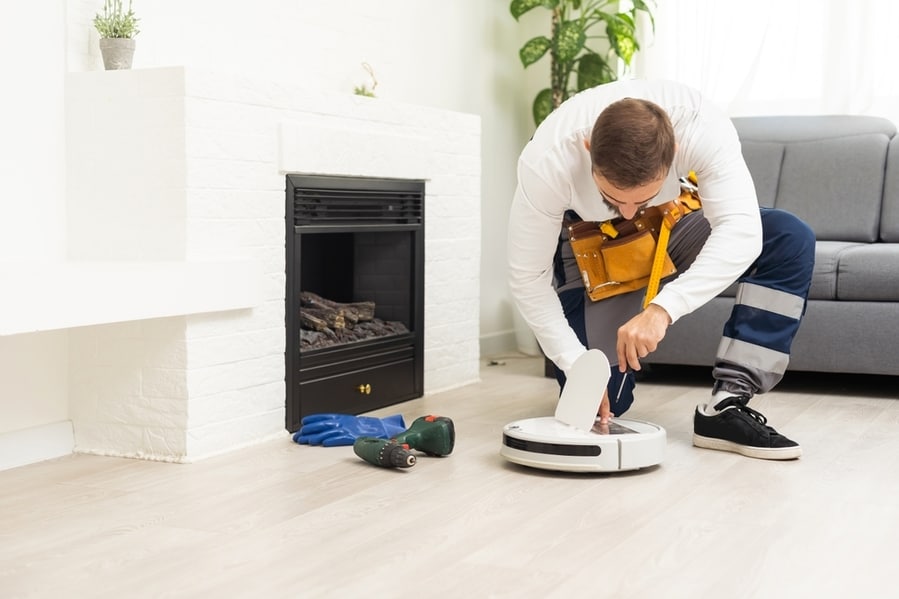
You’re not expecting your 5-year-old vacuum to run as smoothly and efficiently as a new one. Are you?
No matter how good of a brand you buy your vacuum from, it is destined to age. Loud noises and slow working are among vacuums’ most common aging signs.
As you sleep using a vacuum, their machinery starts to wear over time because of overuse and daily microtrauma caused by the dust particles inside them.
The only way to keep them functional for a long period is to take good care of their machinery and prevent them from frequent bumps and falls.
3. Floor Type
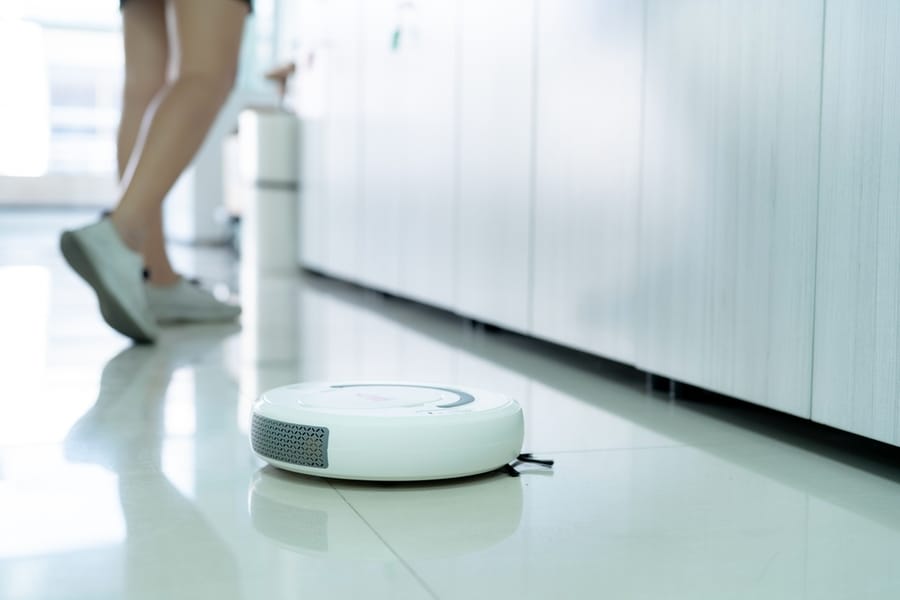
A robot cleaner dedicated to a wooden floor might not work best on a ceramic floor. The automated sensors in them not only detect the material but also the temperature of the floor and work accordingly.
The ceramic floor will be generally cold compared to a wooden floor; hence, it would make a huge impact on the final result of your vacuum,
Please make sure the machine you buy is compatible with the floor of your house; otherwise, it will be of no use to you.
4. Vacuum Size
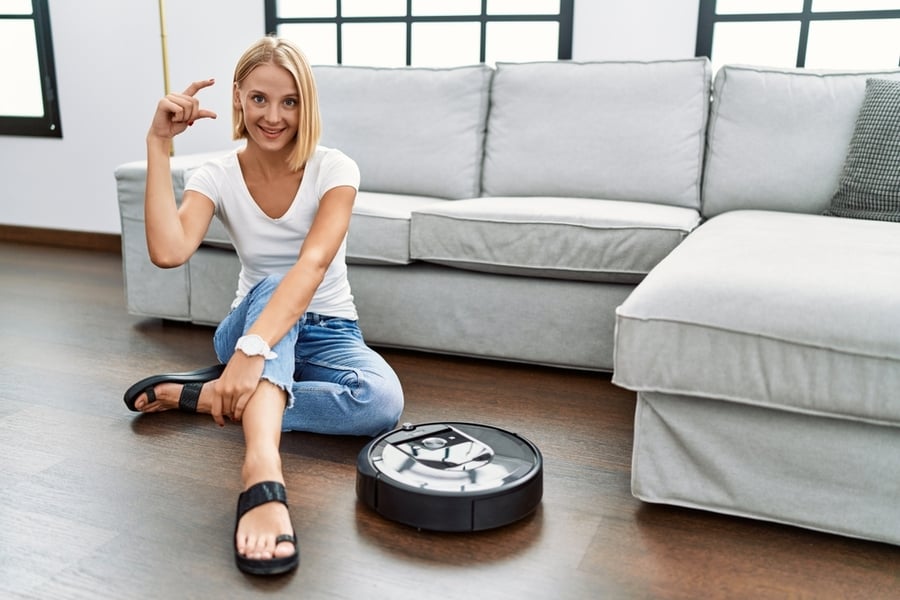
The bigger the vacuum, the louder it will be because it will have bigger motors producing more sound. You can buy variations of the vacuums that make little to no noise, but even the quietest model is not very quiet.
The loudness of automated vacuum cleaners’ quietest models sits at 50dB on average.
Reasons for Loud Noises
When you have bought a robot cleaner after considering all the potential factors that could affect its loudness and still produce noise, it is a sign that something is wrong with the machine.
It could be anything from the following reasons that make your machine sound louder than usual. Make sure to identify and treat the cause behind the noise as soon as possible; otherwise, it might permanently damage your vacuum.
1. Keeps Bumping Into Things
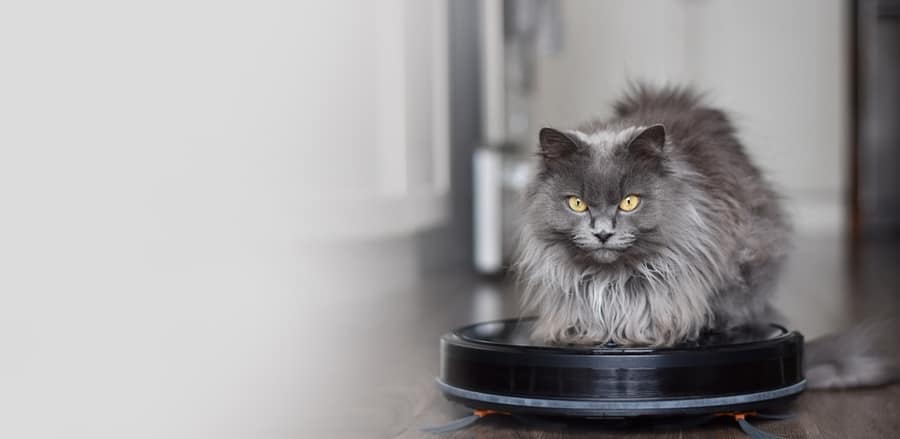
The automated cleaners might not produce a loud motor sound, but you will keep hearing the sound of a bump now and then.
When a new vacuum is operated, it will take some time to identify and map its surroundings. During the process, it will keep colliding with things in its path.
However, this problem will be solved after a few days as the vacuum will start recognizing the surroundings. If it keeps bumping, you should get the AI and sensors of your machine checked by professionals.
2. Something Got Stuck in The Roller
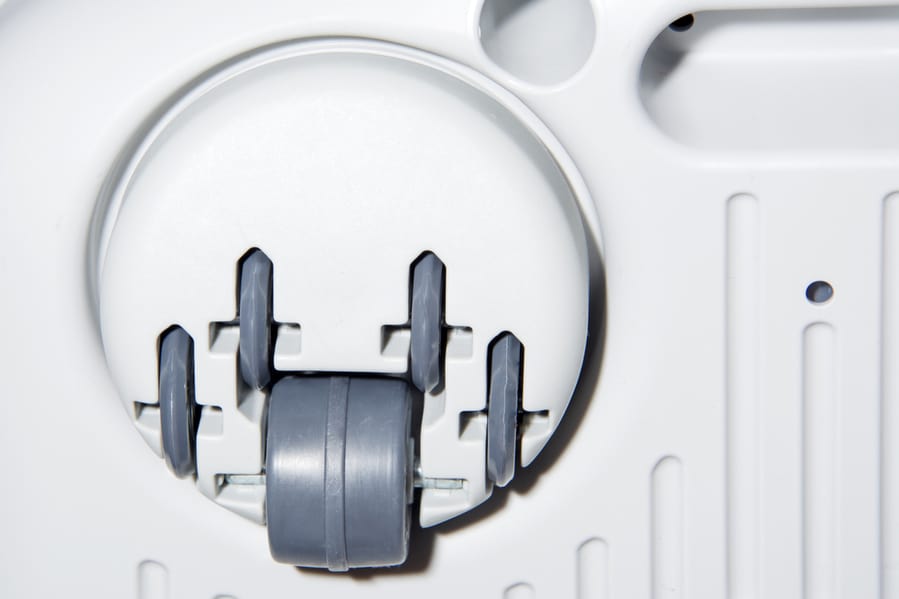
It is very common for hair and other fibers to be found in the roller and tires of your robot vacuum. When they get stuck in the main machinery of it, it starts acting up and producing strange noise.
Moreover, when the tires are not functioning properly, they will again collide with every hard surface coming their way.
3. Their Dirt Bin Is Full
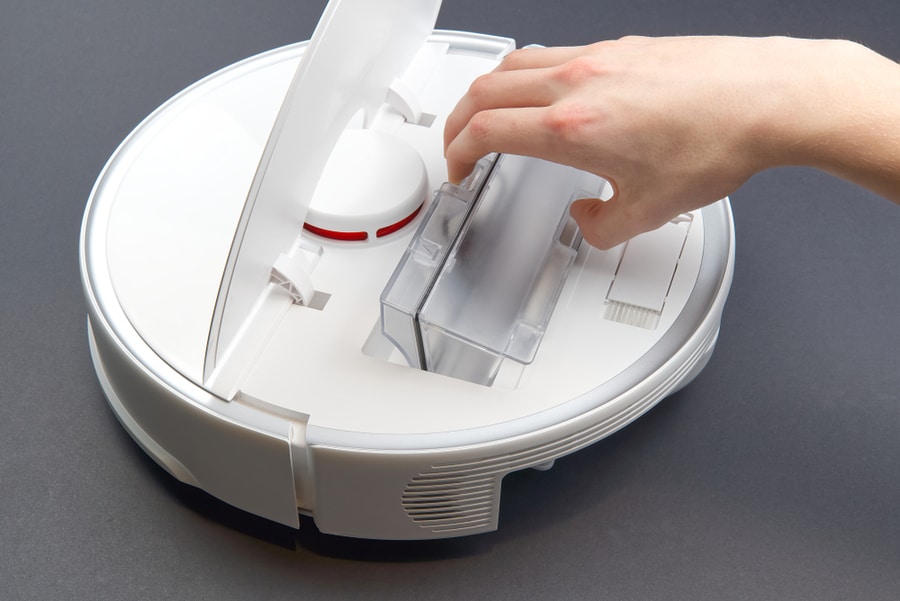
One of the most common reasons your vacuum makes strange noises is the over-filling of the dirt bin or bag.
If your machine has been working for a long time, its dustbin will soon be full, and the extra garbage will either start flowing out of the bin or colliding with the internal machinery producing weird sounds.
4. Type of Noise Indicates the Reason
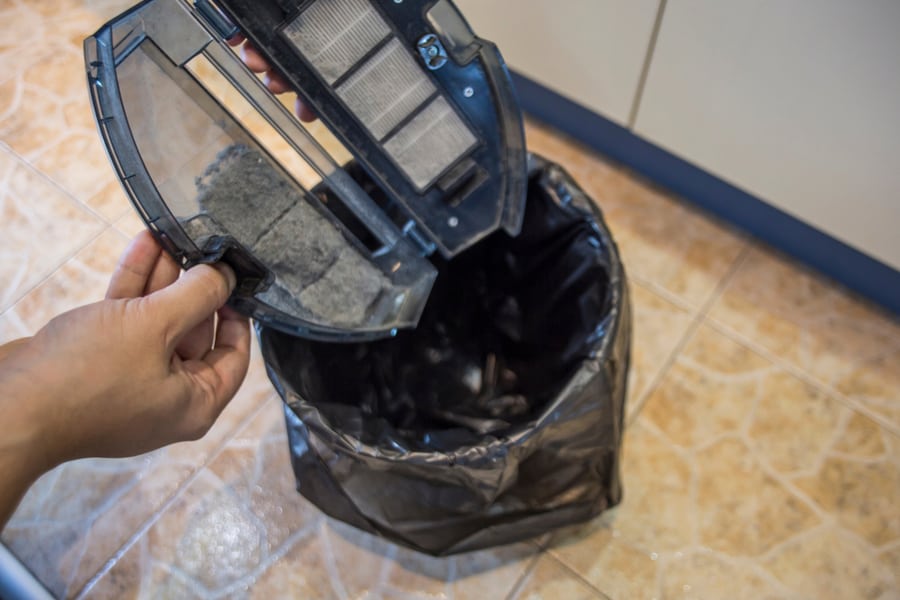
Grinding, Clicking, and beeping are the sounds your cleaning robot might make while cleaning. These sounds indicate the presence of a technical problem.
Grinding sounds indicate that there is a foreign guest in the machinery of your vacuum or that its part is jammed. It could be dirt or any other solid particle.
Clicking and beeping sounds indicate a problem with the belt or any part of the vacuum that has affected its sensors.
Noise Reduction Tips
Once you have identified your problem, move ahead to its solution.
You will want to follow the best and most effective noise reduction tactics to help you overcome the unusually loud noise coming out of your vacuum.
If no tactic works, it is a sign that the problem has gotten serious, and you will need to get a professional aboard to repair it.
1. Have a Modern Unit
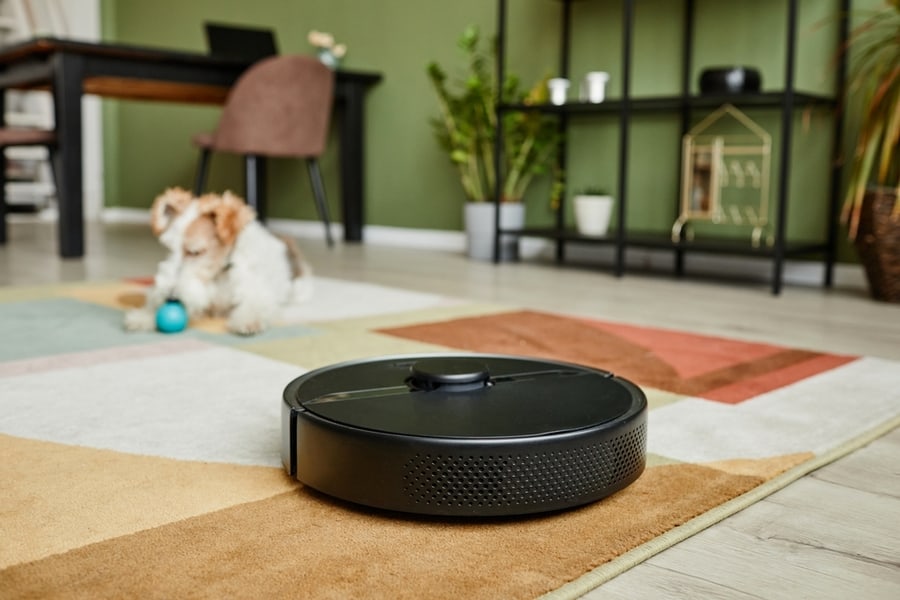
Modern unit vacuums have highly efficient core motors, long-lasting belts, and high-quality filters. They are built as a single unit and have all the self-sufficient options.
They operate on battery and charge themselves from their charging stations. You will need to strategically place the charging station of your vacuums for better performance.
2. Take Care of the Pet Hair
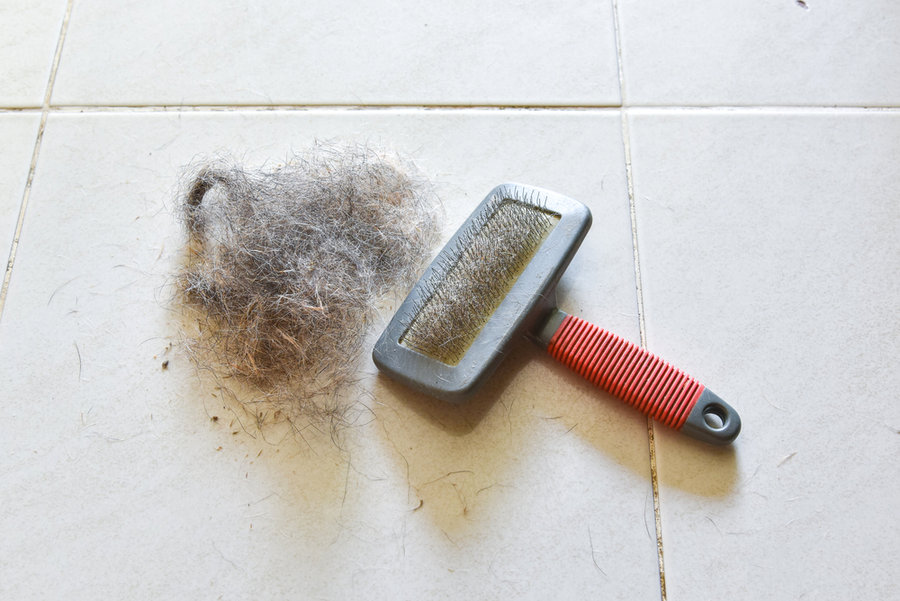
Pet hair, human hair, and clothing fibers are mostly tangled in the vacuum belts, making them slower. When the motor is operating normally, but the belt is moving slowly, it creates disharmony, which produces noise.
After each cleaning session, you will want to check the belt and rollers of your vacuum and make sure no hair and pet dander is tangled in there.
3. Empty the Bin Regularly
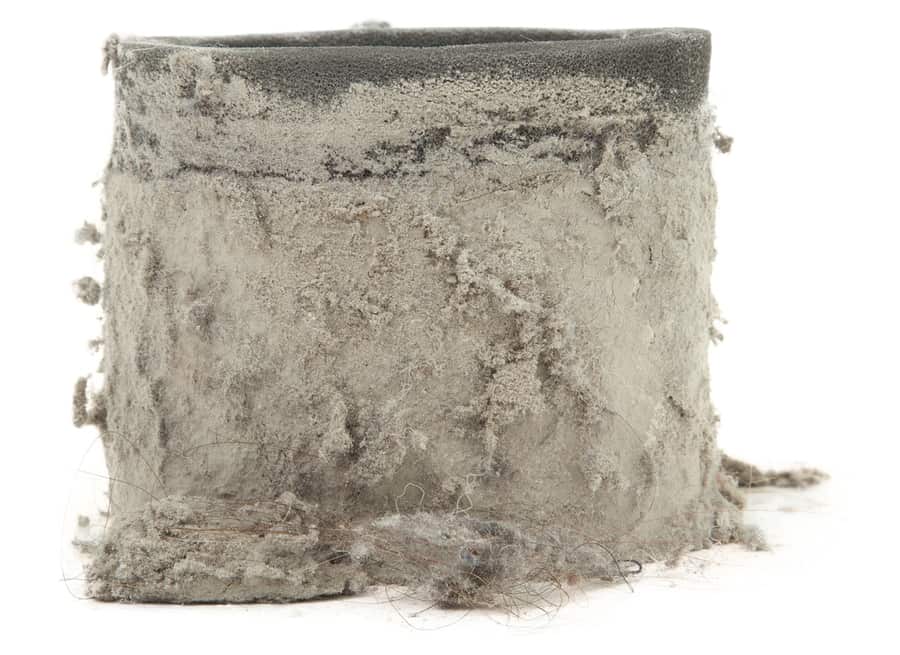
Cleaning your machine’s storage bin is necessary to keep it from making loud, unpleasant noises.
The bagless vacuums should be cleaned after each session, while the storage bins of other vacuums should be cleaned at least once every week.
4. Don’t Change Furniture Settings for a While

It takes your robot vacuum at least a week to understand the patterns and recognize the placement of the furniture items.
During this time, it keeps bumping into furniture items damaging its exterior.
If you change your furniture setting now and then, your vacuum will never be able to set a pattern. It will always end up crashing into wooden and metal surfaces whenever operating.
It will do more harm than good to your cleaning device, and you might decrease its longevity.
The Bottom Line
A robot vacuum can be unusually loud for many reasons, but normally it is more sound efficient than an upright vacuum. If the loudness of your vacuum breaches the limit of 70dB, there might be a serious underlying issue asking for your attention.
Make sure to look into all possible reasons that could make your device noisy and treat the problem accordingly to make it smooth function again.
You will need to adopt a good cleaning and maintenance routine to prevent the problem from happening again.
Frequently Asked Questions
How Loud Is the Quietest Vacuum Cleaner?
The robot vacuums with noise levels around 50-60dB would be considered the quietest vacuum cleaners. If the noise level is below this range, its machinery might have an underlying problem.
Can I Sleep While My Robot Vacuum Cleaner Is Running?
Modern robot cleaners are not very noisy, but they are not quiet enough to let you sleep while operating. You will have a hard time sleeping with an operating vacuum around you.

